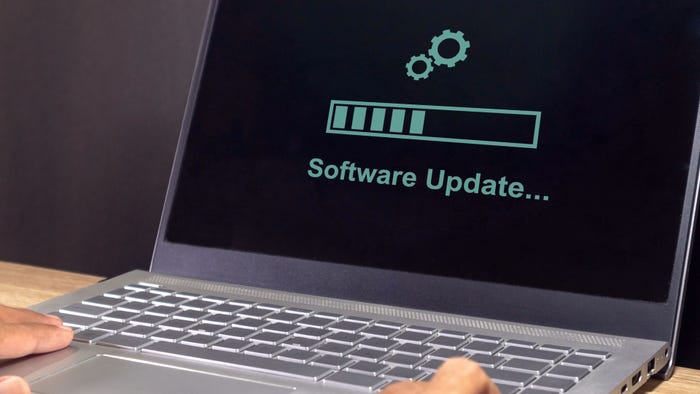IoT Device Adoption Hampered by Consumer's Security Concerns
For companies looking to jump on the IoT bandwagon, the adoption of these devices is being slowed by consumers' concerns over safety and security, a new report finds.

For enterprises and companies looking to cash in on the explosion of Internet of Things devices, it's time to listen to the concerns of your target audience. Consumers are concerned about security and that's slowing adoption.
These are the conclusions of a report conducted by the Cyber Security Research Institute and sponsored by F-Secure. The study, "Pinning Down the IoT," is based on over 19,200 consumer interviews conducted over five years in the US and Europe. Participants included politicians, a senior police officer, cybersecurity specialists, industry analysts, think tank observers and other industry figures involved in developing technology for the IoT.
The stakes for IoT are big, with IDC estimating the market for these connected devices and sensors will increase from $800 billion in 2015 to $1.3 trillion by 2020, with manufacturing, transport and utilities seeing the bulk of that spending.

(Source: iStock)
However, the study notes that there are factors that are holding back IoT adoption. It found that the consumers most eager to purchase new connected devices -- the so-called early adopters -- tend to delay or avoid new IoT purchases due to privacy or security concerns.
The study reports that 80% of US early adopters were worried that new Internet connect devices, such as wearables and connected home appliances, could lead to a violation of their privacy by leaking data. This compares to 63% of UK early adopters and 75% of the French early adopters who express the same concerns.
Security concerns were prevalent as well. Specifically, 66% of UK early adopters were concerned that IoT devices could be affected by malware or that IoT hardware would be hacked.
Some populaces may not be very aware of any direct IoT benefits to them.
A different survey conducted by Transport for London, and quoted in the F-Secure report, found that 66% of city residents didn't see the value in spending money on smart city infrastructure, which is basically IoT applied to practical problems, when compared to other areas where the money could be spent.
Some segments of populace do, however.
In addition, F-Secure cited Silk Road, an analytics company that works with builders, which found was that 84% of older people want to have IoT technology, especially if it means that they can stay in their house longer.
The main reason for adopting IoT is for health monitoring. The second reason was to maintain their independence. The third reason is to starve off loneliness.
In a 2017 survey cited by the report, Gemalto, a Dutch company that manufactures SIM cards for mobile phones, found that 96% of organizations and 90% of consumers report that there is a need for IoT security regulations. Additionally, more than half of those surveyed confirmed owning an IoT device, but only 14% knew how to protect it.
Gemalto also found that 90% of consumers and 86% of businesses report that governments should handle regulation of IoT devices.
As the report states:
"The need to secure every device that connects to the internet is clear, but many manufacturers aren't yet acting proactively to make sure all customers can keep their devices updated and safe. As the massive scale of the potential vulnerabilities being built into the IoT becomes impossible to ignore, regulators may have no choice but to act."
Related posts:
— Larry Loeb has written for many of the last century's major "dead tree" computer magazines, having been, among other things, a consulting editor for BYTE magazine and senior editor for the launch of WebWeek.
Read more about:
Security NowAbout the Author
You May Also Like



_Daniren_Alamy.jpg?width=700&auto=webp&quality=80&disable=upscale)
